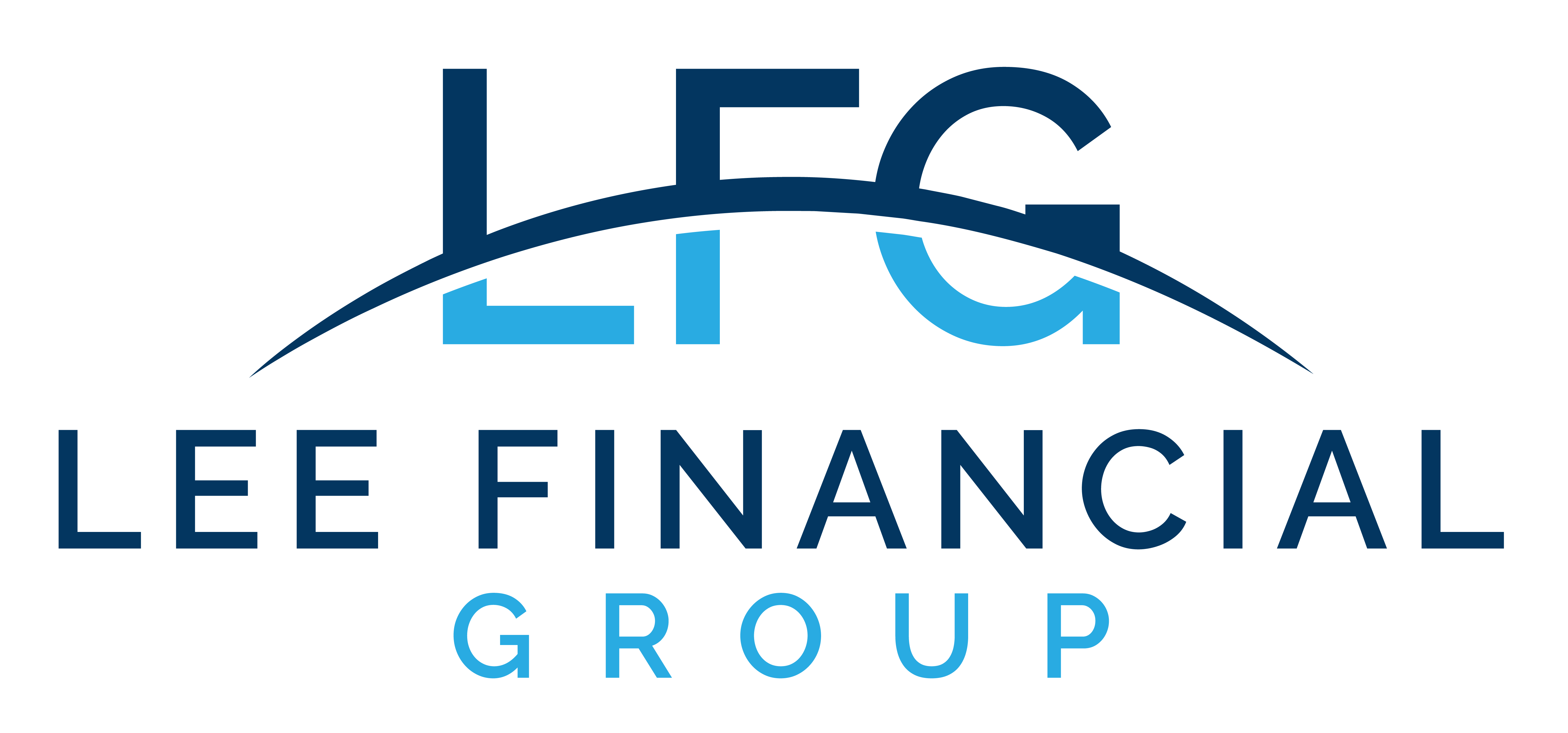Having a good understanding of the building blocks of your financial success can help you in many ways on your financial journey. Taking the time to think through the various areas of finances ahead of time, before issues arise, and then make a plan and follow through is the foundation of a successful money mindset.
Financial literacy is about understanding how the different areas related to money, work, and life function independently and together. Breaking it down into clear areas and taking consistent action steps keeps you on top of the issues, helps you get ahead, and can lessen stress and worry when bumps in the road crop up.
The U.S. Treasury’s Financial Literacy and Education Commission has come up with a very simple framework for the biggest areas to think about. These are earn, spend, save and invest, borrow and protect.
Maximizing What You Earn – and What You Keep
Your compensation package includes more than your salary. In addition to your paycheck, you may have healthcare benefits, the opportunity to contribute to a tax-advantaged retirement savings plan with or without an employer-matching contribution, and the opportunity to participate in an employee stock option plan (ESOP). All of these are extremely valuable.
Taking care of yourself physically and mentally by using your healthcare benefits is critical. Don’t put off checkups or treatment, and don’t overlook alternative, non-invasive wellness treatments, like acupuncture, that may also be covered.
The earlier you begin to save for retirement, the more money you will have. A good target is 15% of your salary, but even smaller amounts contributed early in your career will have a big impact later on, due to the power of compounding. If your company offers an employer matching contribution, be sure to contribute enough to make yourself eligible for the matching funds.
Purchasing your company’s stock at a discount can be one of the foundational building blocks of your wealth. ESOPs generally have some rules and timelines you need to follow, but they are a good way to participate in the success of your company, beyond your salary.
Maximizing your benefits and minimizing your taxes are often two sides of the same coin. Contributions to a 401(k) or other tax-advantaged retirement plan will lower your income – and your taxes – in the year in which you contribute. Other benefits paid for with pre-tax dollars will do the same. These can include a transit plan, a healthcare savings account (HSA), or a flexible spending account.
Spend Smart – and Avoid Lifestyle Creep
The first step in managing your spending is creating a budget. Budgets have two components – the “hard” costs you have to spend every month, like debt payments, food, rent, utilities, insurance, etc., and the discretionary items you have control over. The key to keeping your spending in control is to minimize impulse purchases and be sure that big-ticket items are planned, so you can take advantage of smart shopping and seasonal sales or promotions.
A useful strategy is to set up different bank accounts for everyday discretionary spending, like meals out or small luxuries, and limit the amount of funds available for these. Or you may choose to use charge cards that need to be paid off every month, instead of allowing you to build a balance you’ll have to pay interest on, as with a credit card.
As you get further along in your career, it’s important to make sure that your success works for you. You’ll have additional funds available, so avoiding the temptation to spend them will be more difficult. Instead, think about your long-term goals. Living well within your means, or even below your means, will allow you to put your money to work for you by saving and investing.
Save and Invest – Early and Often
The first step to savings is to cover your bases. Set up an emergency fund with at least three months of your expenses. Keeping this current as your income and expenses increase is important. A cushion of funds can keep your long-term plans on track and can make short-term problems much easier to get through.
Contributing as much money as possible to a tax-advantaged retirement savings account lets you take advantage of the power of compounding and save on your taxes. But you shouldn’t stop saving even if you’ve maxed out your retirement account annual contribution. Saving and investing in a taxable account will allow you to build wealth, and also add investment vehicles that may not be available in your retirement account. A taxable account can help you build a diversified portfolio that will be better able to weather the ups and downs of the markets.
You may also decide to invest in real estate, which can provide rental income, potentially appreciate in value, and create tax benefits.
There are a lot of investment options available, and setting up a solid investment plan with short-term and long-term goals, and then sticking to a funding schedule is the best way to keep your plan on track.
Borrowing + Credit Are Investments in Yourself
You’ll need to borrow money throughout your financial journey. Education expenses and a home purchase are two of the big-ticket items that it makes sense to finance, as they are valuable assets in the long term.
You want to pay as little in interest costs as possible, and the key to that is to have an excellent credit rating. Keep credit card utilization low, pay off promptly, and automate as many payments as possible to ensure you always pay on time.
You’ll also want to check your credit score frequently, and your credit report at least annually, to be sure everything is correct.
The kind of borrowing you want to avoid as much as possible is high-interest credit card spending. Paying credit cards off in full every month will save you money and keep your credit score high.
Protecting Your Assets
The old adage about insurance is that if you love someone, or you owe someone money, you need insurance. Having adequate life insurance for each stage of life is important, particularly if you have a young family. A term life insurance policy can protect them and keep their lives, education plans, home, etc., intact if something happens to you. As you get older, different types of insurance can be investments or an estate planning strategy.
Adequate homeowner’s insurance and a solid motor vehicle policy with high coverage limits are also important. At some point, you may want to consider an umbrella policy that kicks in above the limits of standard coverage.
The Bottom Line
Financial literacy goes well beyond the basic blocks of wealth. As life gets more successful and complex, working with a financial advisor can help you ensure you have everything covered.






What a Weaker Dollar Means for Your Investments